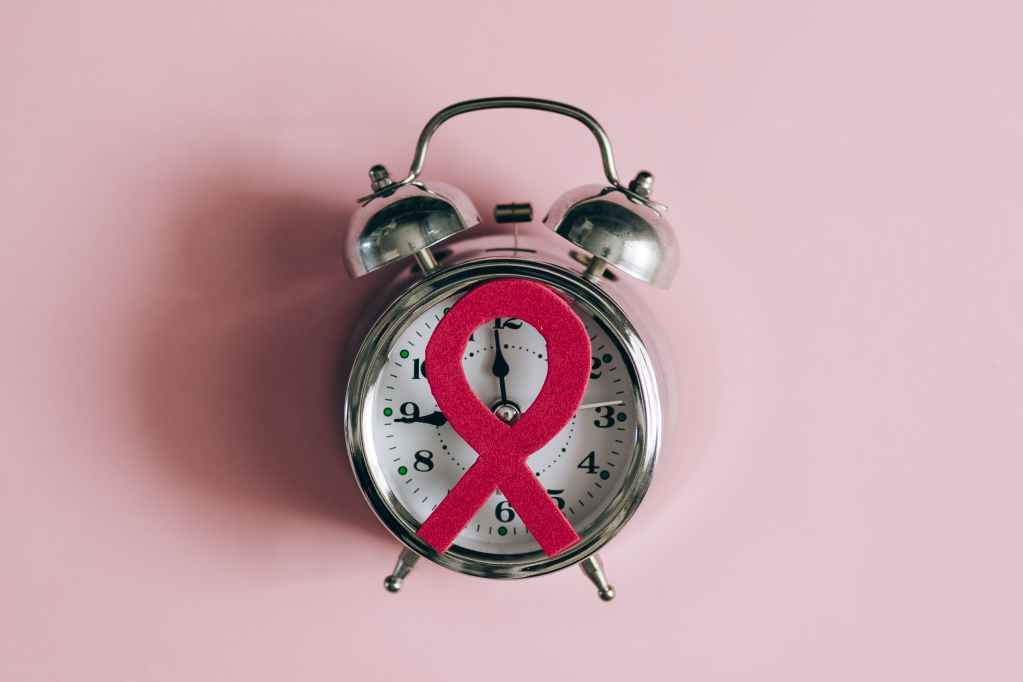Medtech
Investing in stem cell and gene therapy treatments for HIV
A recent article in Nature shared the news about a 53-year-old man in Germany who was declared free of HIV after receiving virus-resistant cells. The…


A recent article in Nature shared the news about a 53-year-old man in Germany who was declared free of HIV after receiving virus-resistant cells.
The man—referred to as the “Düsseldorf patient”—was diagnosed with acute myeloid leukemia and underwent a stem cell transplant in 2013 that replaced his bone marrow cells with HIV-resistant stem cells from a donor.
In the five years following the procedure, virologist Björn-Erik Jensen and his team at Düsseldorf University Hospital in Germany continued to monitor the patient. They continued to find immune cells that reacted to HIV in his body, which suggested that his body was not clear of the virus.
In 2018, the patient stopped taking antiretroviral therapy (ART), a treatment for HIV that reduces a person’s viral load to an undetectable level. His body has remained HIV-free since then, indicating that the stem cell transplant worked.
Similar stem cell treatments have been used to treat others living with HIV, including a patient in 2007 and another patient in 2019.
The article in Nature states that the procedure is unlikely to be used widely in its current form due to the associated risks, including the chance that an individual will reject a donor’s marrow.
Scientists continue to test stem cells as a treatment for HIV, including methods in which cells are taken from a person’s own body and genetically modified, eliminating the need for donor cells.
CIRM’s Commitment to Investing in Treatments for HIV
The news of the Düsseldorf patient shows the importance of continued stem cell and gene therapy research to find treatments for HIV.
At the California Institute for Regenerative Medicine (CIRM), we have invested more than $85 million in the search for stem cell and gene therapy treatments for HIV/AIDS, ranging from basic Discovery research to clinical trials.
Recent CIRM investments include a study at UC Davis health, in which researchers take a patient’s own white blood cells, called T-cells, and modify them so that they can identify and target HIV cells to control the virus without medication.
CIRM also funded a clinical trial at UCSF to develop a functional cure for HIV/AIDS. In the trial, the team takes a patient’s blood and extracts T cells, a type of immune cell. The T cells are then genetically modified to express two different chimeric antigen receptors (CAR), which enable the newly-created duoCAR-T cells to recognize and destroy HIV infected cells. The modified T cells are then reintroduced back into the patient.
The goal of this one-time therapy is to act as a long-term control of HIV with patients no longer needing to take ART, in effect a form of HIV cure. This approach would also address the needs of those who are not able to respond to current approaches, which is estimated to be 50% of those affected by HIV globally.
Last year, researchers in the UCSF trial shared that they had dosed the first patient in the trial testing their anti-HIV duoCAR-T cell therapy. You can read the announcement here.
There are approximately 38 million people worldwide living with HIV/AIDS. And each year there are an estimated 1.5 million new cases. The vast majority of those living with HIV do not have access to the life-saving antiretroviral medications that can keep the virus under control. People who do have access to the medications face long-term complications from them including heart disease, bone, liver and kidney problems, and changes in metabolism.
To learn more about CIRM’s commitment and investments in finding treatments for HIV, visit our website.

ETF Talk: AI is ‘Big Generator’
Second nature comes alive Even if you close your eyes We exist through this strange device — Yes, “Big Generator” Artificial intelligence (AI) has…
Apple gets an appeals court win for its Apple Watch
Apple has at least a couple more weeks before it has to worry about another sales ban.
Federal court blocks ban on Apple Watches after Apple appeal
A federal appeals court has temporarily blocked a sweeping import ban on Apple’s latest smartwatches while the patent dispute winds its way through…














